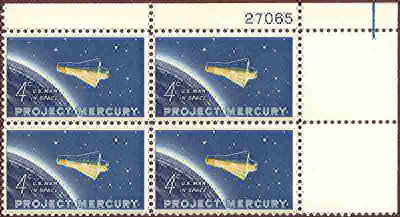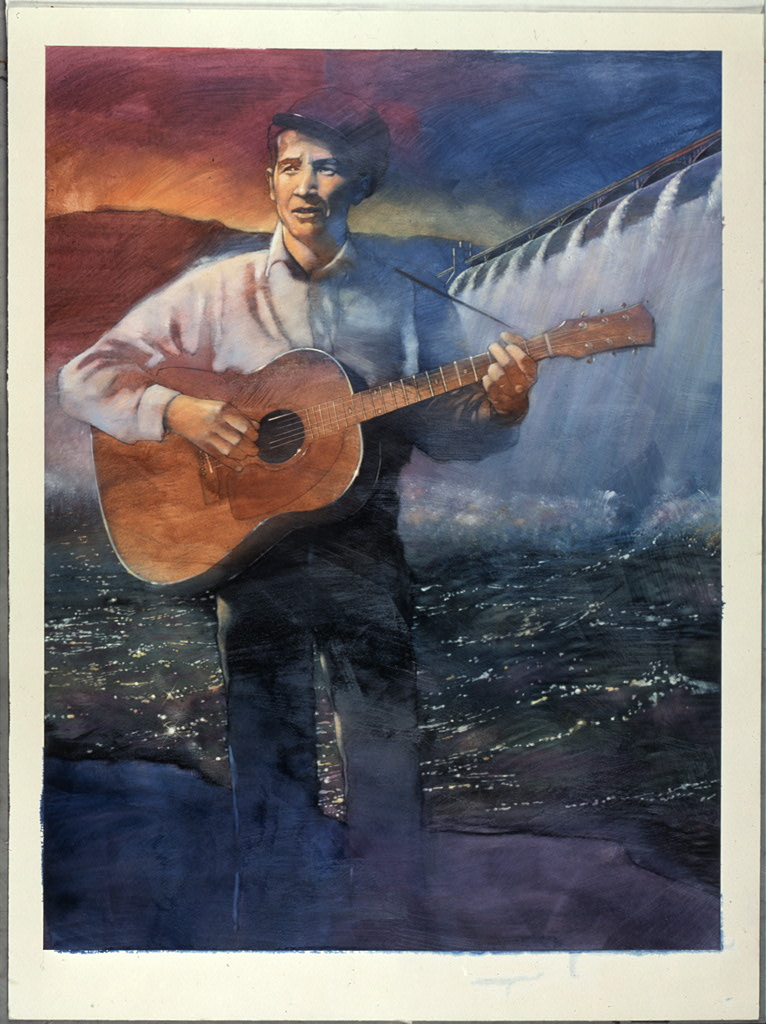Since I am in Florida, and this computer is slow, I decided to put up a leftover for today's posting. An oldie but goodie. In theory, I'll write something tomorrow. . .but there are a lot of sirens here calling me. . .most of all swimming in that warm water. We'll see...you may get leftovers again tomorrow. Jack in Jensen Beach, FLASix hours into the surprise visit, he lumbers on.
My brain unsnaps from its moorings
and drifts like a drunken dirigble
into the torrent of everything I've seen,
smelled, eaten, licked, drunk,
smoked, touched, read, watched, and heard.
It's like he's been talking weeks now
and I remember Nikita Kruschev
on the television at the UN, flashing
those bad teeth and that goofy smile,
pounding those oxfords alive.
I try but I can't quite hear him;
I hear my friend narrating himself.
Things have gotten so out of hand that
I remember today is Renoir's 164th birthday
and I don't even like his painting,
but, hey, at least he threw in some nudes.
He looking at me! What did I miss?
He looks for a yes and keeps talking.
"Yeah," I say, "right. . .yeah." I think about
Motherwell's Reconciliation Elegy
and how he charged around the studio,
rolling vast turgid highways
of black oil over acres of canvas.
I think about Alice Neel
painting all those people
and what they thought
when they saw the final product
or what people thought when they saw
the first Cubist or Dada paintings.
My friend looks for a show of interest.
Yes! By all means, encourage him.
I cock an eyebrow. He revs back up
and I think about my favorite color,
that mid-palette blue...a blue bisque,
the color of my grandma's cameo brooch...
vibrantly subtle...is that possible?...
yes, it's the color of Della Robbia's Florentine ceramics.
He goes on about old times, about how it was then,
way way way back when when when
when we were all back where, back when, doing what
with, for, and to whom. My brains coughs up chimes,
resonations, cross-references, cerebral links,
odors, tinkles, cues, and subtle whiffs of distractions.
I hear Charlie Parker play Carvin' the Bird
somewhere in my head and it segues into
Black Throated Wind and lurches into
Foggy Mountain Breakdown. He jumps
from childhood to yesterday, in between, and back.
I nod and pick up the reverie, falling, falling
back, back, back to the night my daughter was born.
It was as quiet as a painting in Berkeley,
driving at three a.m. on Telegraph Avenue
toward Oakland, to the delivery room.
I saw a new moon hung on our old sky.
We watched the monitor and waited.
When her robber-stockinged face came down,
one bleat to the rafters started us all breathing again.
He's buzzing in my left ear
and the rhythms say I am safe.
I think about dreams--not drifting
like this, but real R.E.M. dreams:
I don't know which is better,
to dream it or see it,
to see it right now,
or to have seen it.
I don't know which is better,
the memory or the thing itself.
The memory can be repeated forever
but loses fidelity like an old record
and the fictions your mind confects
start filling in the gaps
until the memory becomes a framework
for what we wanted to be, or what should have been.
He nudges me, waiting for a yes, the go-ahead sign.
Yeah baby, take it on home. I think about Casey Stengel.
He suspects I am drifting over the hills and far away.
I nod "um." It is the sun's birthday
and where did the crows go? When he jumps to El Toro,
my mind starts sleepwalking from Boot Camp.
I wonder if I will ever get to Palestine,
or if there will ever be another Palestine,
or if I will get back to Seville or Tetuan,
Chora Sfokion or Brooklyn, Heraklion or Hoboken,
Vinaroz or the Delaware Water Gap, if I will ever see
Leningrad or Katmandu, and I wonder
if I would want to see Calcutta, Johannesburg,
Bhopal, Cleveland, Camden, or Port-au-Prince?
I don't know which is easier:
to listen or pretend to listen?
I think about bottles of beer
chilling in a tub of cracked ice.
Sexy rivulets of water fall down bottles
glistening in the hot sun.
Even my nose is tired.
Should I pee, or hold it?
Should I hold it and focus
on the distraction?
What did Gertrude Stein mean
when she wrote about those
"Pigeons In The Grass, Alas?"
Was it the pigeons or the grass
or the pigeons and the grass aggregated?
I want to bang my head on the wall
to dull the pain between my ears,
and he's warming up for the stretch.
A pipe doesn't slow him down and the wine
just keeps his throat supple, his voice nimble,
and the memories and word torrent flowing.
He talks about the Marines
and six years marching, marching marching
on the parade ground erect and spitshined,
marching, saluting, dreaming, marching, yes-sir-ing.
I remember Nick Gattuccio's name
means Sicilian Dogfish and the time we drained
a demi-john of Chianti in Florence.
He tells me twenty things I don't want to know
and ten I'm indifferent about for every one I do.
He remembers where he left off
and murmurs a bridge to the next installment.
I think about the firefall of light I saw that day
on a rising skyscraper.
The welder is a star thrower, and constellations
of pale yellow sparks tumble from a heaven
of beams and girders strung with wire and pipe.
Those sparks are like his words, falling down iron bars
to disappear like fugitives in a white lake of sparks.
---o0o---
 Del and I were sea kayaking today, off Jensen Beach. We went out for a couple of hours, and got pretty far out. We didn't see much except a couple of lonesome seabirds, a hawk, and a bird Del swore was a duck, but which was the most amphibious duck I'd ever seen in my life.
Del and I were sea kayaking today, off Jensen Beach. We went out for a couple of hours, and got pretty far out. We didn't see much except a couple of lonesome seabirds, a hawk, and a bird Del swore was a duck, but which was the most amphibious duck I'd ever seen in my life.









